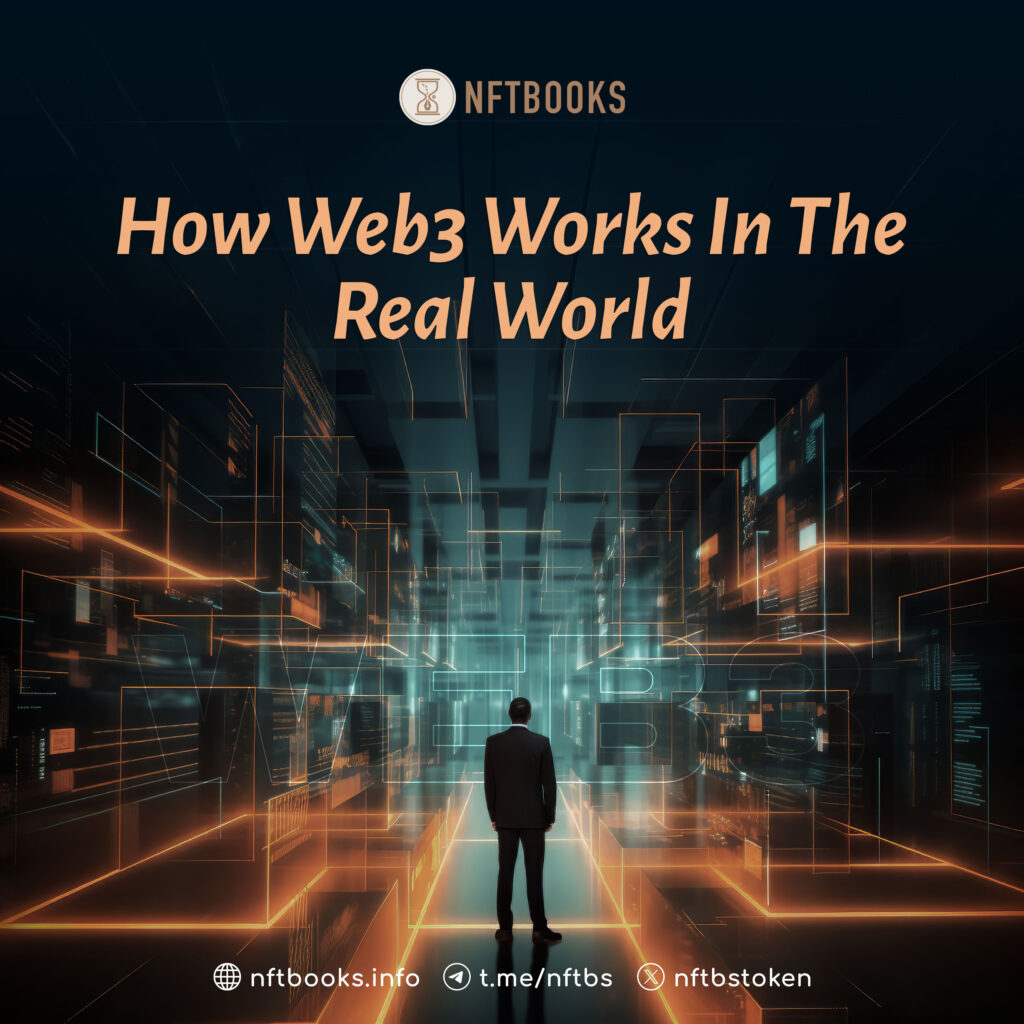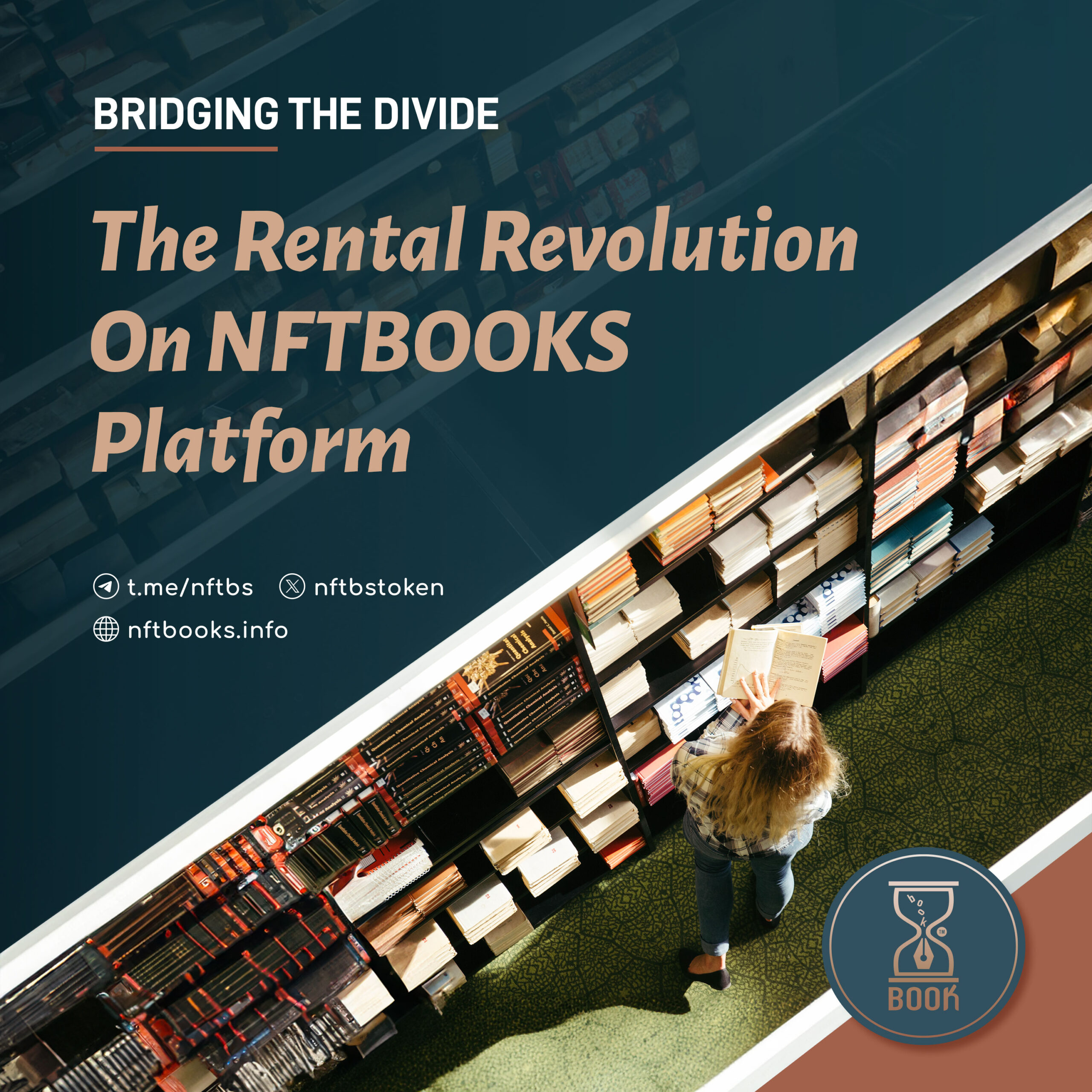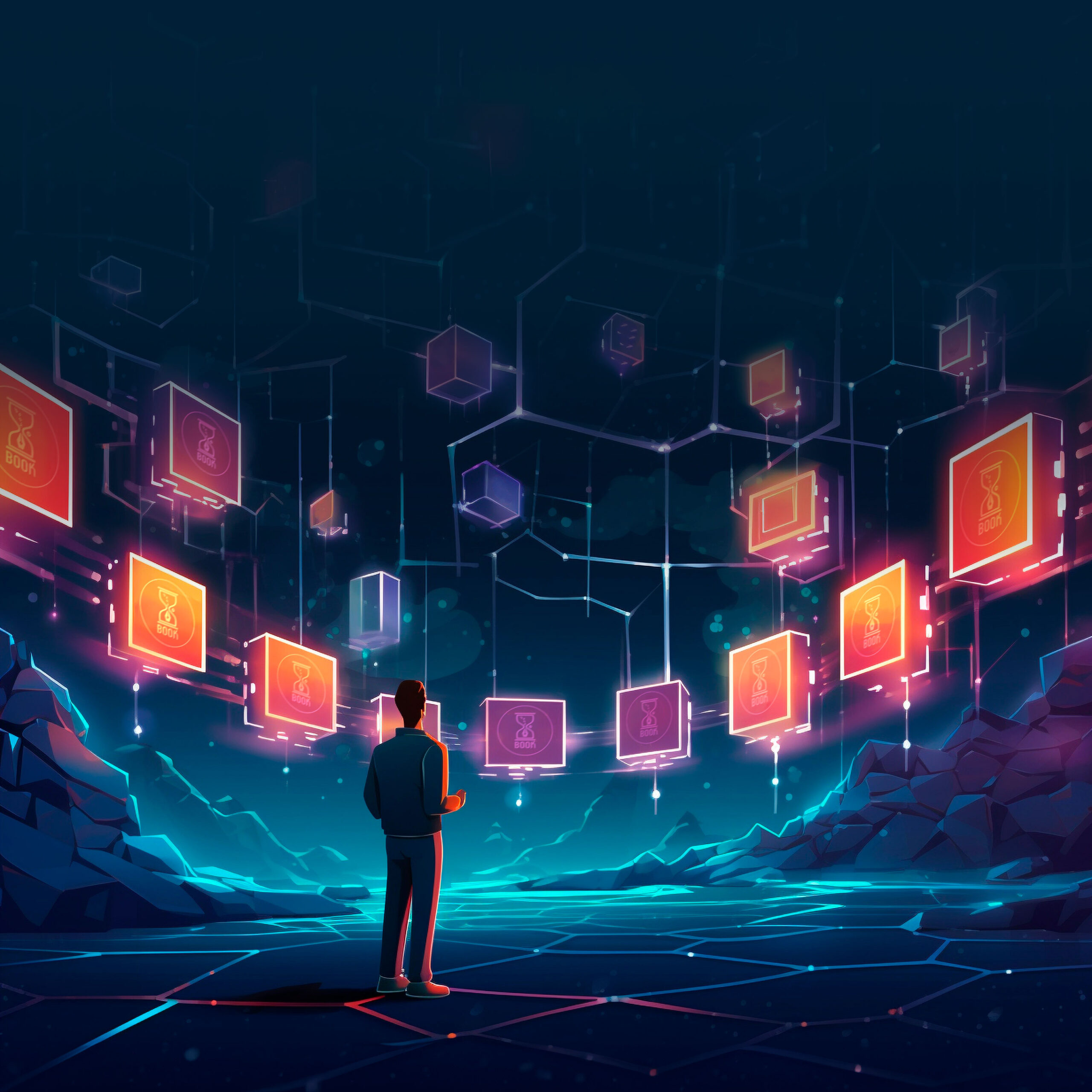The evolution of the internet from Web1 to Web2 brought about significant changes in how we communicate, share information, and conduct business. Now, the advent of Web3 promises an even more transformative impact by introducing decentralization, blockchain technology, and enhanced user control. But how does Web3 work in real-world applications? Let’s explore the practical implementations of Web3 and its tangible benefits.
Understanding Web3
Web3, or the decentralized web, is built on blockchain technology, which enables peer-to-peer interactions without the need for intermediaries. It aims to create a more transparent, secure, and user-centric internet.
The core components of Web3 include:
- Decentralization: Unlike centralized systems where data is stored on a single server, Web3 distributes data across a network of computers (nodes), enhancing security and reliability.
- Blockchain: A decentralized ledger that records transactions transparently and immutably.
- Smart Contracts: Self-executing contracts with the terms of the agreement directly written into code, facilitating trustless transactions.
Real-World Applications of Web3
- Decentralized Finance (DeFi) : Decentralized Finance, or DeFi, is one of the most prominent applications of Web3. DeFi platforms use blockchain and smart contracts to offer financial services such as lending, borrowing, trading, and earning interest without traditional banks.
- Example: Platforms like Aave and Compound allow users to lend their cryptocurrencies and earn interest, or borrow assets by providing collateral, all without a central authority.

Decentralized Applications (dApps)
Decentralized applications, or dApps, run on blockchain networks and provide various services without central control. They cover a wide range of industries, from gaming to social media.
Example: CryptoKitties, a popular blockchain-based game, allows users to collect, breed, and trade virtual cats, demonstrating the potential of dApps in entertainment
Supply Chain Management
Web3 enhances supply chain transparency and efficiency by recording every transaction on a blockchain, making it easy to trace the journey of products from origin to consumer.
Example: IBM’s Food Trust blockchain network helps track the journey of food products, ensuring authenticity and reducing food fraud.
Digital Identity
Web3 enables the creation of decentralized digital identities, giving individuals control over their personal data and reducing the risk of identity theft.
Example: Projects like uPort and Sovrin allow users to create and manage their digital identities securely, without relying on centralized databases.
Decentralized Marketplaces
Web3 facilitates the creation of decentralized marketplaces where users can buy and sell goods and services directly, without intermediaries.
Example: OpenSea, a decentralized marketplace for NFTs, allows users to trade digital assets like art, music, and collectibles directly with each other.
Directing Towards NFTBOOKS Project
One of the groundbreaking implementations of Web3 is in the realm of digital publishing. NFTBOOKS leverages blockchain technology to create a fairer and more transparent platform for authors and readers. With NFTBOOKS, authors can tokenize their works, ensuring secure and direct transactions with their audience. This not only eliminates intermediaries but also allows authors to retain more control and earn fairer compensation for their work.
Discover how NFTBOOKS is revolutionizing the digital publishing industry by visiting our NFTBOOKS blog. Stay updated on the latest advancements in Web3 technology and learn how you can be part of this transformative project.
Final Thought
Web3 is not just a theoretical concept; it is already being implemented in various sectors, transforming the way we interact with the digital world. From decentralized finance and applications to supply chain management and digital identity, Web3 offers numerous real-world applications that enhance security, transparency, and user control. By exploring innovative projects like NFTBOOKS, you can experience firsthand the benefits of Web3 and contribute to the development of a more decentralized and equitable internet.







